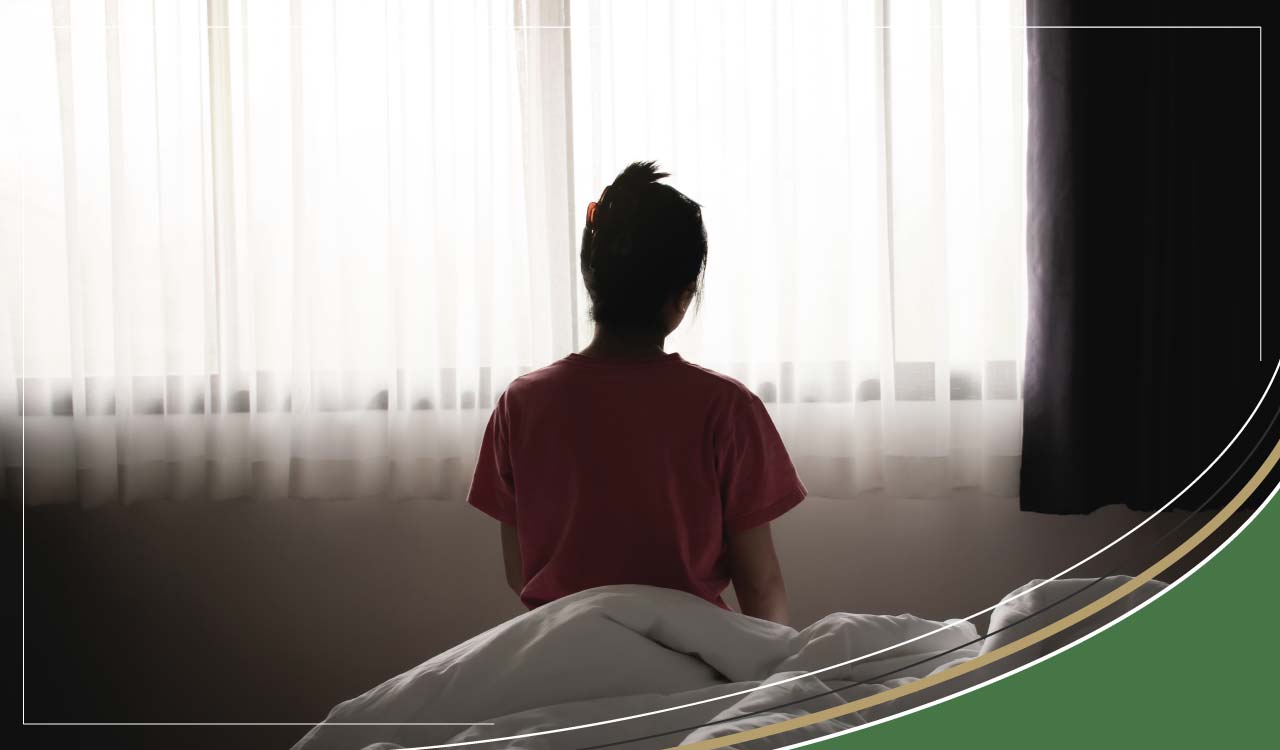Bladder Health
Kidney infection symptoms - treatment & prevention
By Anna Sawkins
Feb 23, 2022

There is a lot of crossover between symptoms of bladder infections and kidney infections such as:
- needing to urinate frequently
- burning and pain during urination
- malodorous cloudy urine
- confusion (in an older person may be the first indication of an infection)
Bladder infections are much more common than kidney infections. This is due to the bladder’s positioning, being closer to an opening of the body (the urethra) where bacteria and fungi can find their way in. Though highly distressing, they do not pose much danger.
Kidney infections (pyelonephritis) are much less common and often caused by an unresolved bladder infection that has moved through the ureter to the kidney. They can also be caused by an infection travelling through the bloodstream through an infection in another part of the body or post-surgery on the kidney and sometimes exist without the usual bladder infection symptoms.
Some factors can increase the risk of developing a kidney infection:
- Pregnancy (elevated levels of the hormone progesterone can reduce muscle toning of the ureters and bladder, this, in turn, can increase the risk of reflux where the urine can flow back up the ureters)
- A kidney stone or enlarged prostate gland can prevent the bladder being appropriately emptied through an obstruction.
- Diabetes and illnesses that lead to a weakened immune system such as HIV, cancer
- Long-term catheter use
- vesicoureteral reflux (backward flow of urine from the bladder to ureters)
- birth defects in kidneys
In comparison to a bladder infection, a kidney infection is much more dangerous to your overall health. An untreated kidney infection can cause permanent damage and scarring to the kidney. There are risks that the infection can spread to the bloodstream creating a threat to life (septicaemia). There are also risks in pregnancy such as premature birth or pre-eclampsia. For this reason, it is essential to seek medical advice urgently.
Symptoms
- Pain in groin, abdomen, or lower back
- Pus or blood in the urine
- Fever
- Flu-like symptoms such as painful joints
- Loss of appetite
- Fatigue
- Vomiting
Your doctor may ask for a urine sample to test for blood, pus or bacteria and a blood culture to test for bacteria to identify a kidney infection.
Treatment
It is essential to treat a kidney infection early to prevent it from spreading and causing further damage to the urinary system.
- Flush your system by drinking lots of fluids and urinating frequently
- A hot pad placed on the abdomen or back can help with symptoms
- You can use painkillers as directed by your doctor (not containing aspirin or ibuprofen)
- Antibiotics are the first line treatment for a kidney infection and are essential where the individual is at risk of developing septicaemia. However, full-spectrum antibiotics have often been used at the first symptoms of bladder infection before alternative treatments are considered. Long-term use can lead to developing bacterial resistance (i.e. amoxicillin’s effectiveness has been massively reduced through overuse) which is why prevention is much better than cure. It is vital if taking a course of antibiotics to finish the full supply. Specific antibiotics such as cephalexin may be prescribed if you’re pregnant, but it is essential to seek medical attention if you are not experiencing some relief within 24 hours of taking the antibiotic. A urine culture sensitivity test may identify the specific antibiotic that your infection will respond to. Antibiotics reduce the efficacy of the contraceptive pill, so it is important that alternative birth control is used until a woman’s next period.
- For severe kidney infection, antibiotics may need to be given intravenously in hospital.
- Children with a kidney infection are likely to be treated in a hospital.
Prevention
- Take showers rather than baths if you are prone to developing bladder infections
- Avoid bath oils or perfumed products on genital area
- Urinate before and after intimacy
- Wipe from front to back when using the bathroom
- Always drink plenty of fluids (avoid coffee or alcohol until your infection has cleared)
- Catheters should only be used when necessary, inserted using aseptic technique and you should ensure drainage is unobstructed.
- Since most kidney infections occur as a result of bladder infections and the most common bacterial culprit is E-coli (85-90%), antibiotics and the complications of these can often be avoided with a natural supplement such as D-Mannose.
 Free Shipping on orders $70+ USD
Free Shipping on orders $70+ USD
 Courier & USPS Deliveries Available
Courier & USPS Deliveries Available
 Rated 4.9 out of 5 on Trustpilot
Rated 4.9 out of 5 on Trustpilot

















